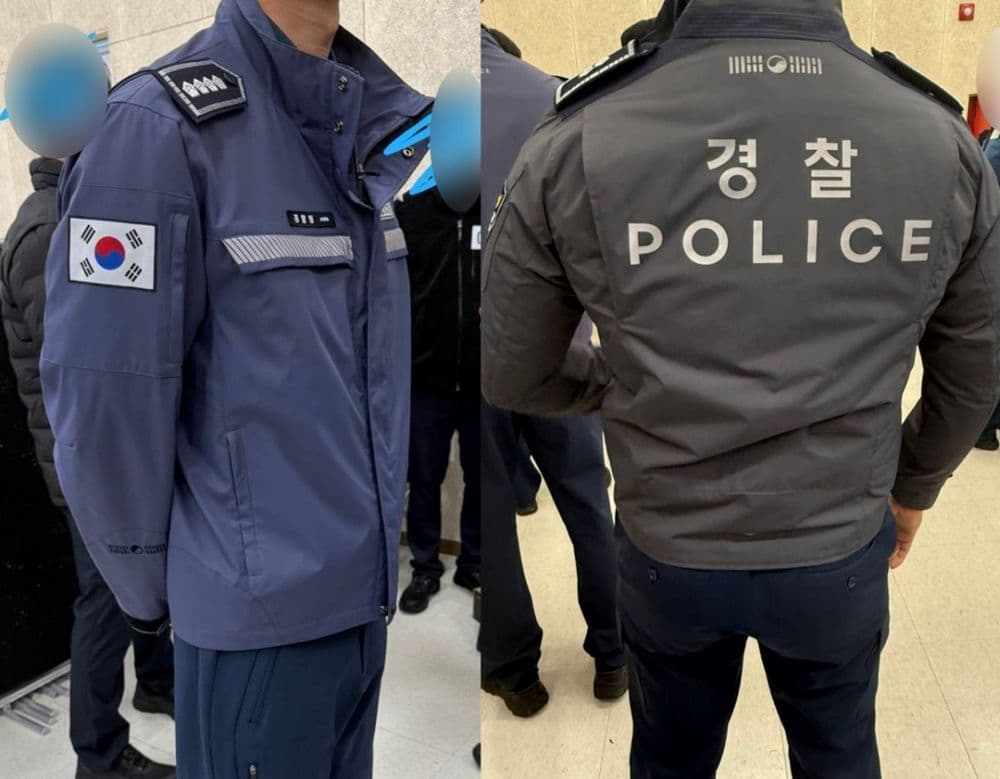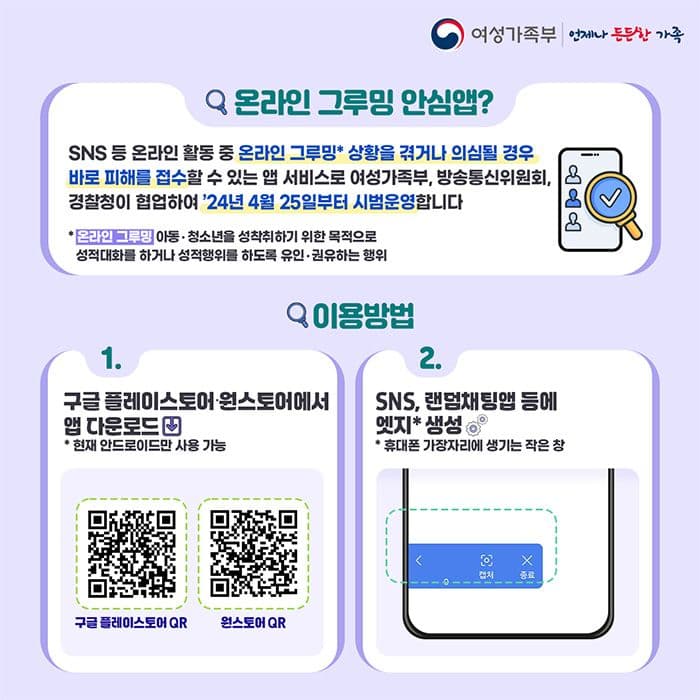HYBE's HQ Raided: What's Really Behind Bang Si-hyuk's $140M Scandal?

When Police Cars Pull Up to K-pop's Biggest Empire
October 11, 2025 started like any other Friday at HYBE's headquarters in Yongsan, Seoul—until police officers from the Seoul Metropolitan Police Agency's Financial Crimes Investigation Division arrived at 9 AM.
The raid wasn't just another corporate investigation. This was about Bang Si-hyuk, the mastermind behind BTS and one of K-pop's most influential figures, facing allegations of defrauding investors out of nearly 200 billion won, approximately 140 million dollars.
As investigators combed through offices and seized documents, HYBE's Chief Legal Officer Jung Jin-su quickly sent an internal email to calm nervous employees. The message was clear: Don't panic, keep working, we'll handle this. But can they really?
For international K-pop fans who've watched HYBE grow from Big Hit Entertainment into a global powerhouse, this scandal hits different. This isn't just corporate drama—it's about trust, transparency, and whether the company that brought us BTS can survive its founder's alleged misdeeds.
The Alleged Scheme That Shocked Korea's Financial World

So what exactly did Bang Si-hyuk allegedly do? The accusations paint a picture of calculated deception back in 2019, right before HYBE went public.
Here's how it allegedly went down: Bang reportedly told early investors—venture capital firms who'd believed in HYBE when it was still just Big Hit Entertainment—that the company had zero plans for an initial public offering. No IPO, no going public, nothing. Believing their chairman, these investors agreed to sell their shares to a special purpose company created by a private equity fund linked to HYBE executives.
Plot twist: HYBE was absolutely planning to go public. In 2020, the company's IPO became one of Korea's biggest entertainment industry success stories. Those shares the investors sold cheaply? They skyrocketed in value. The special purpose company made massive profits, and Bang allegedly took home 30 percent of those gains—about 190 billion won, according to current police estimates.
Korean online communities exploded when the news broke. On platforms like Naver, Daum, and DCInside, reactions split sharply. Some defended Bang as a visionary who built K-pop's biggest empire, while others called it a betrayal of trust that taints everything HYBE stands for. International fans on Reddit's r/kpop expressed disappointment, with many questioning whether they should continue supporting HYBE artists.
Inside HYBE: Damage Control and Employee Anxiety
The October raid wasn't the first. Police had already searched HYBE headquarters in July 2025, and they'd raided the Korea Exchange back in June to gather IPO-related documents. But this latest search felt different—more intense, more thorough.
That's when Jung Jin-su stepped in. As Chief Legal Officer, he sent a company-wide email the morning of the raid: The company is fully cooperating with authorities. We'll prove everything was done legally. Don't let this distract you from your work.
Easy to say, harder to do. HYBE employees who spoke anonymously on Korean blog platforms expressed mixed feelings. Some appreciated Jung's transparency, while others worried about their jobs and the company's reputation. After all, HYBE isn't just another entertainment company—it manages BTS, NewJeans, Seventeen, TXT, and dozens of other acts. Any damage to HYBE's credibility affects artists and staff worldwide.
International HYBE fans noticed something troubling: while the legal drama unfolded, HYBE's stock price fluctuated wildly. It hit 323,000 won in early July, then crashed 24 percent to 246,000 won by month's end. Though it recovered to around 283,500 won, investor confidence remained shaky. The National Pension Service even reduced its HYBE holdings, signaling institutional investors were getting nervous.
What Happens Next? Three Scenarios K-pop Fans Need to Know
As of October 2025, Bang Si-hyuk faces serious consequences. Police have banned him from leaving South Korea and questioned him twice—once in September for 13 hours, then again a week later for over 12 hours. The Financial Supervisory Service has also referred his case to prosecutors, making this a multi-agency investigation rare in Korean business history.
Scenario one: If prosecutors prove Bang committed fraud, he could face years in prison and massive fines. HYBE would need new leadership, potentially destabilizing the company during crucial moments like BTS's anticipated full-group comeback after military service.
Scenario two: If Bang is cleared, the stock price could rebound quickly as investor fears evaporate. HYBE's reputation might take a hit, but the company could move forward with its global expansion plans intact.
Scenario three: A settlement or reduced charges could leave everyone unsatisfied—Bang avoids jail but HYBE's credibility suffers long-term damage.
Cultural context matters here. In Korea, corporate accountability has become a huge issue, especially after high-profile scandals involving Samsung, Korean Air, and other conglomerates. The government has emphasized fair markets and investor protection, making Bang's case symbolically important beyond just K-pop. International fans watching from abroad may not realize how deeply this resonates with Korean public sentiment about economic fairness and corporate responsibility.
Discover More

Inside Korea's Police Uniform Disaster: An Officer Speaks Out
A Korean police officer's explosive complaint about the 2025 uniform redesign reveals deep frustrations with the reform process, poor design choices, and lack of professional expertise behind the 80th anniversary uniform project.

When Social Media Becomes a Hunting Ground: The Dark Reality of Youth Exploitation in Korea
A recent arrest in Seoul's Jungnang district exposed the disturbing pattern of online grooming and sexual violence against minors, highlighting how social media platforms have become dangerous territories for young people vulnerable to predatory behavior.